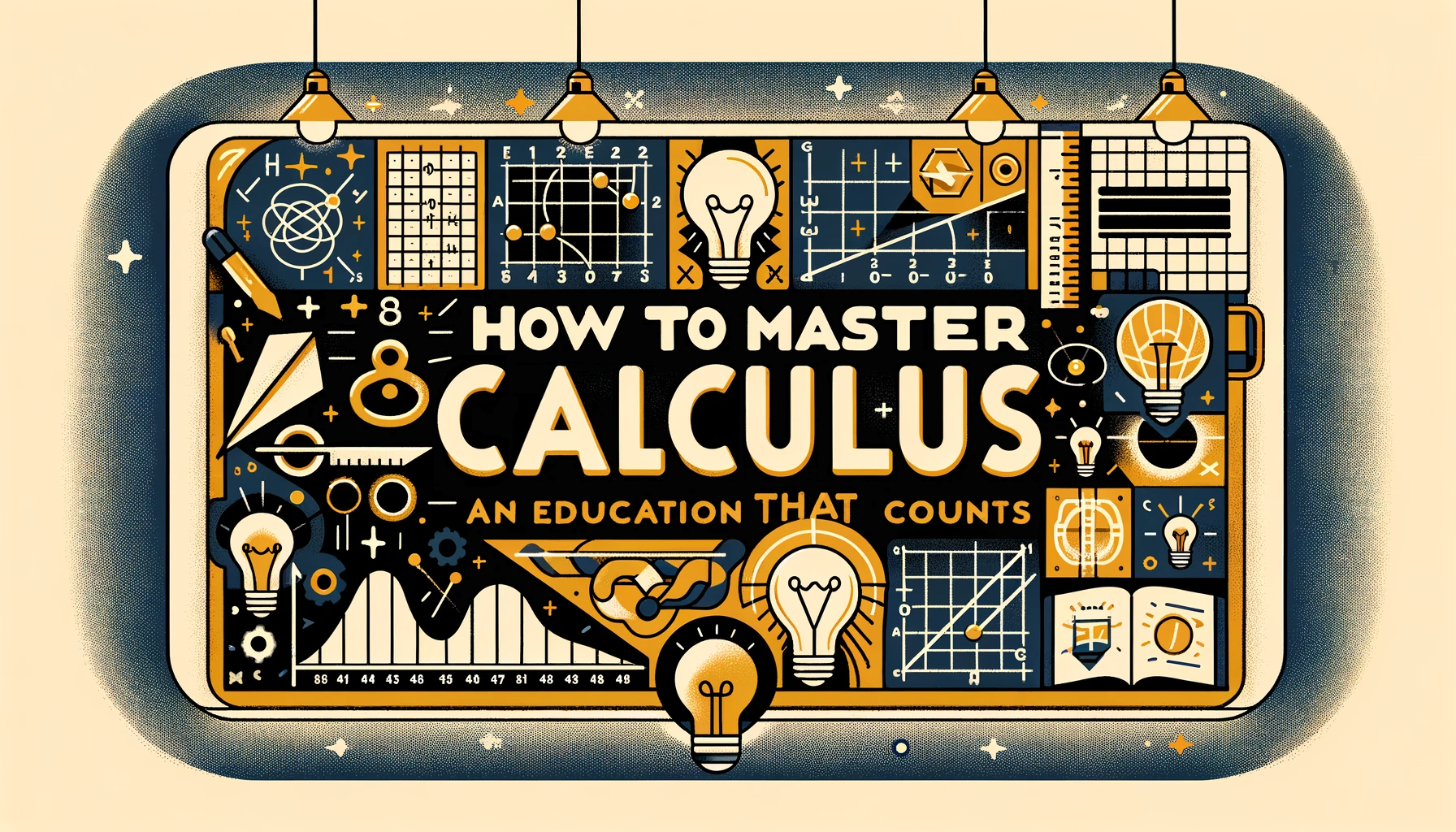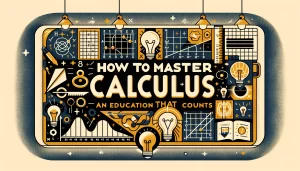Introduction: The Crucial Role of Teaching Styles in Calculus Comprehension
For parents navigating the educational landscape to find support for a child struggling with calculus, the compatibility between a student’s learning style and their instructor’s teaching method is a pivotal factor. The nuances of calculus can be demanding, and when a child like Michael encounters a teaching style that doesn’t resonate with him, the complexity of the subject is magnified. This dissonance can create an environment where the fundamental concepts of calculus become not just challenging but seemingly insurmountable. Parents may observe Michael’s enthusiasm for math begin to wane as he grapples with instructional methods that fail to align with his way of understanding.
Dissecting the Dissonance in Instruction
The teaching methodologies employed in calculus can vary significantly, from traditional lectures that focus on theory to hands-on approaches that emphasize problem-solving. When there is a mismatch between the teaching style and a student’s learning preferences, the disconnect can lead to confusion and a lack of engagement. Students may find themselves lost in a sea of theorems and formulas, unable to connect with the material in a meaningful way. This misalignment not only hinders academic performance but also affects a student’s confidence and interest in mathematics.
Understanding Individual Learning Styles
Every student has a unique approach to learning; some may thrive on visual aids and interactive sessions, while others prefer detailed explanations and theoretical underpinnings. Recognizing and understanding these individual learning styles is critical in identifying the root cause of a student’s struggle with calculus. It is often not a lack of ability or effort but rather a need for teaching that aligns with their cognitive preferences.
Bridging the Gap Between Teaching and Learning
It’s essential to bridge the gap between teaching and learning to facilitate a better understanding of calculus. Parents can assist their children by identifying their preferred learning styles and advocating for instructional methods that cater to these preferences. This might include seeking additional resources that complement the classroom teaching or finding a tutor who can tailor their instruction to the student’s needs.
The Influence of Teacher-Student Dynamics
The dynamic between teacher and student is another aspect that significantly impacts a child’s learning experience in calculus. A supportive teacher who encourages questions and fosters a positive learning environment can be just as important as the teaching style itself. In contrast, a less supportive atmosphere can exacerbate the difficulties a student faces, making the subject seem even more daunting.
Finding the Right Tutor
When seeking a “math tutor near me” or “calculus tutor,” it’s crucial to find someone who not only understands the content but can also present it in a way that resonates with the student. An effective tutor will adapt their teaching to suit the student’s learning style, creating a personalized approach to overcome the challenges posed by incompatibility in teaching methods.
The Math Thought Program: Tailored Tutoring for Calculus
The Math Thought Program stands out for its commitment to individualized learning experiences. Recognizing that a one-size-fits-all approach to teaching calculus is ineffective, the program offers personalized tutoring. Tutors within the program are skilled in various instructional methods, ensuring that they can adapt to the learning style of each student, be it through visual representations, interactive problem-solving, or in-depth discussions.
Conclusion: Aligning Instruction with Learning for Success
For parents dedicated to helping their child succeed in calculus, the key lies in aligning instruction with the student’s learning style. The Math Thought Program offers a solution to the pain point of incompatible teaching methods, providing customized support that can turn calculus from a stumbling block into a stepping stone towards academic success. By choosing a program that values and addresses individual learning preferences, you can empower your child to overcome the challenges of calculus and embrace the subject with confidence and competence.





